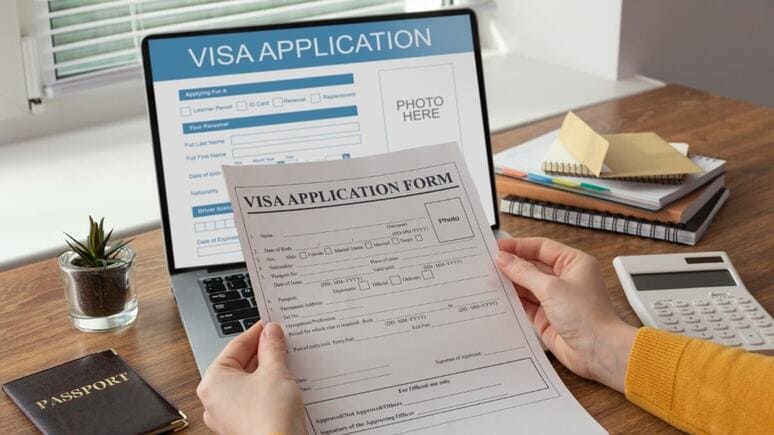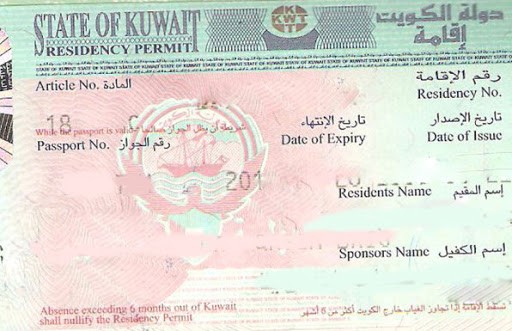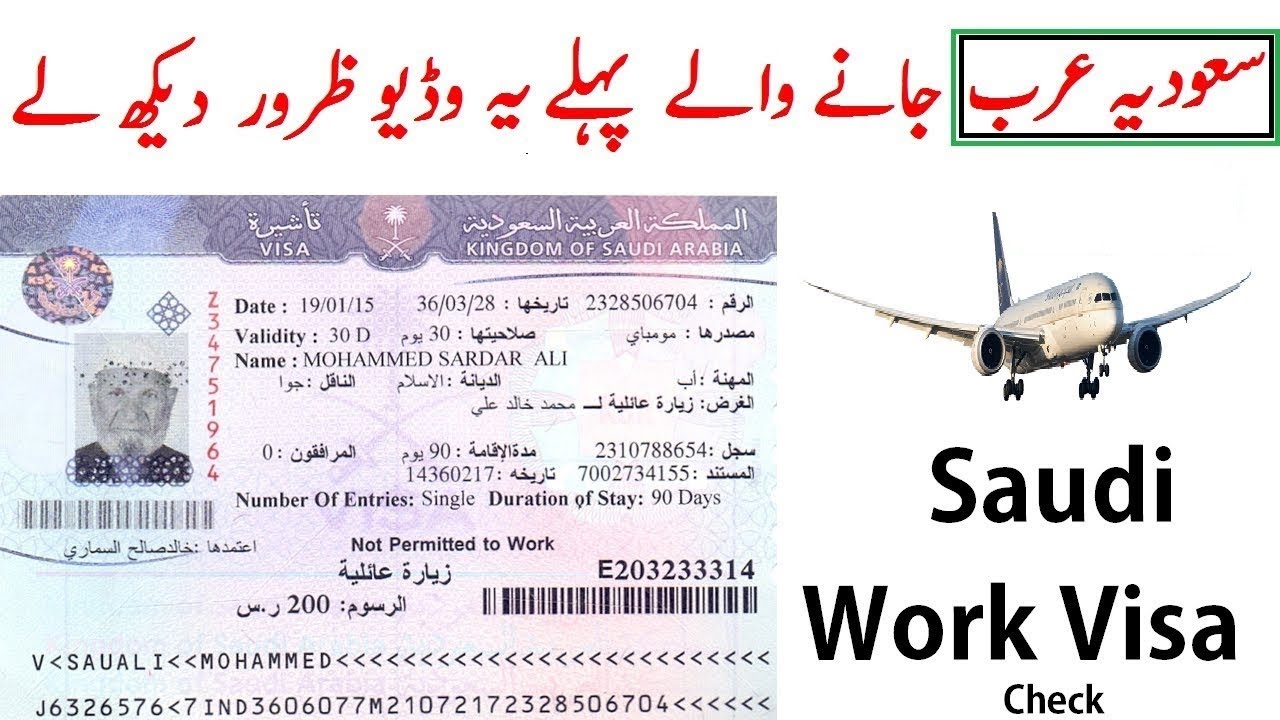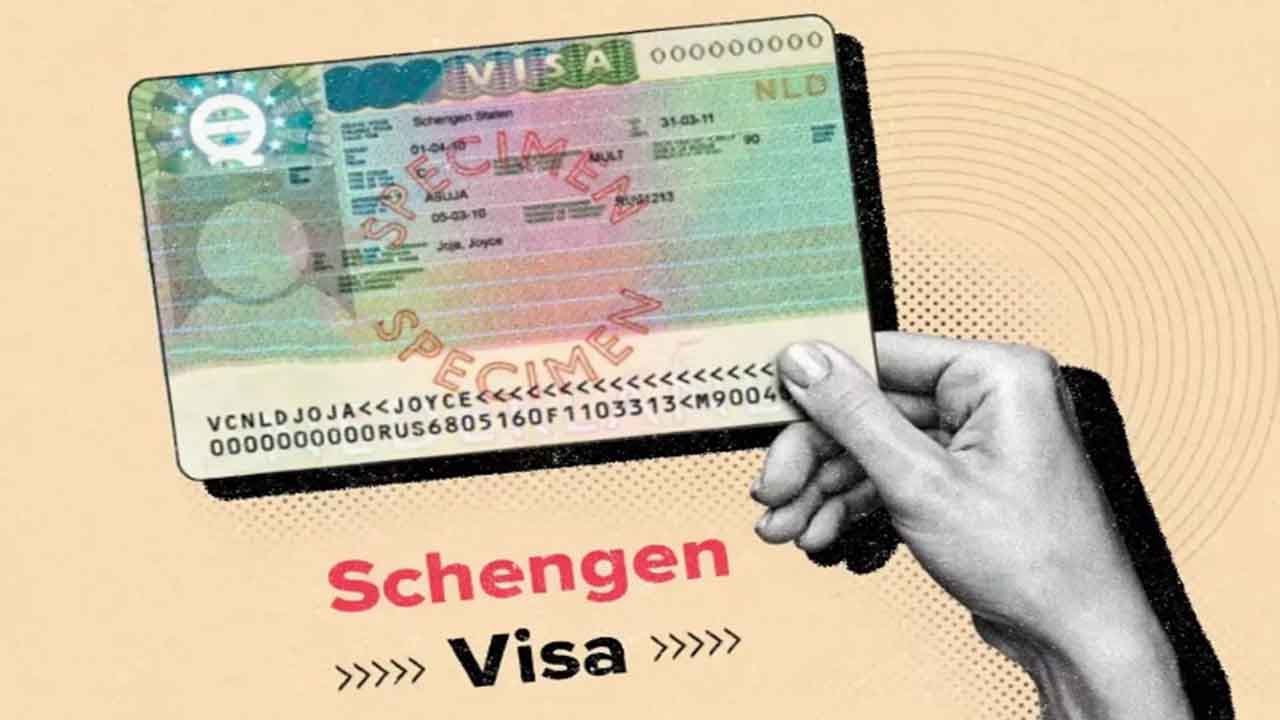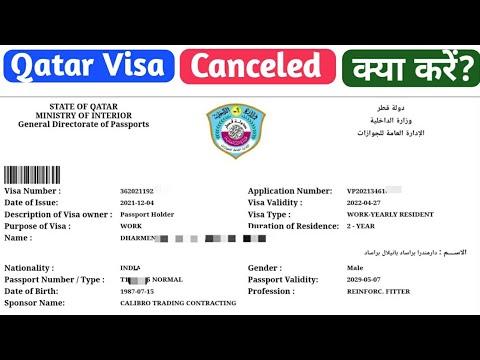For Nigerians, Australia represents a land of boundless opportunity, where ambitions of a thriving career, financial stability, and an exceptional quality of life can become reality. Renowned for its robust economy, diverse job market, and vibrant multicultural society, Australia is a top destination for skilled professionals, recent graduates, and driven individuals eager to make a global impact. In 2025, the Australian government continues to welcome talent from Nigeria, particularly in high-demand sectors like healthcare, engineering, IT, and education, offering a range of work visas to suit various career paths.
However, securing an Australian work visa is a complex endeavor, requiring careful navigation through stringent eligibility criteria, extensive documentation, and precise deadlines. For Nigerian applicants, additional challenges—such as verifying qualifications, meeting financial requirements, and understanding Australia’s immigration framework—can make the process seem intimidating. Yet, with thorough preparation, expert insights, and unwavering determination, this journey is not only achievable but also profoundly rewarding.
This guide is your comprehensive roadmap to applying for an Australia work visa from Nigeria in 2025. From choosing the right visa to settling into life Down Under, we’ll guide you through every stage, addressing common pitfalls and sharing strategies to enhance your success. Let’s embark on this transformative journey to turn your Australian dream into reality!
Why Australia Attracts Nigerians in 2025
Australia’s appeal extends far beyond its iconic landmarks like the Great Barrier Reef or Melbourne’s skyline. Here’s why it’s a prime destination for Nigerians:
-
Dynamic Economy: With a GDP of AUD 2.1 trillion in 2024, Australia’s economy thrives on industries such as healthcare, technology, mining, and agriculture, creating abundant job opportunities.
-
Skilled Migration Focus: The 2024–25 Migration Program allocates 185,000 places for skilled migrants, targeting professionals to fill critical labor shortages.
-
High Quality of Life: Ranked among the top 10 countries for livability, Australia offers world-class healthcare, education, and social services, ideal for individuals and families.
-
Cultural Diversity: Home to a growing Nigerian diaspora and a multicultural population, Australia fosters a welcoming environment, with communities celebrating diversity through events, food, and networks.
Having supported friends through international visa processes, I’ve witnessed the transformative power of Australia’s opportunities. Its structured immigration system, while rigorous, rewards diligence, offering not just a job but a chance to build a vibrant, fulfilling life.
Types of Australian Work Visas for Nigerians
Australia offers various work visas tailored to different skills and career goals. Below are the key options for Nigerian applicants in 2025:
1. Temporary Skill Shortage (TSS) Visa (Subclass 482)
-
Purpose: Enables employers to sponsor skilled workers to address labor shortages.
-
Duration: Up to 4 years, depending on the occupation stream (Short-Term or Medium-Term).
-
Eligibility: Requires a job offer from an approved Australian sponsor and skills listed on the Skilled Occupation List (SOL).
-
Key Feature: Provides a pathway to permanent residency via the Employer Nomination Scheme (Subclass 186).
2. Skilled Independent Visa (Subclass 189)
-
Purpose: For skilled workers who don’t need employer sponsorship.
-
Duration: Grants permanent residency.
-
Eligibility: Points-based system assessing age, English proficiency, work experience, and qualifications, requiring at least 65 points.
-
Key Feature: Ideal for professionals in high-demand fields like nursing, engineering, or IT.
3. Temporary Graduate Visa (Subclass 485)
-
Purpose: For international students who’ve graduated from Australian institutions.
-
Duration: 18 months to 5 years, based on the stream (Graduate Work or Post-Study Work).
-
Eligibility: Must be under 50 and have completed at least 16 months of study in Australia.
-
Key Feature: Facilitates work experience to pursue permanent roles.
4. Training Visa (Subclass 407)
-
Purpose: For workplace-based training or professional development.
-
Duration: Up to 2 years.
-
Eligibility: Requires sponsorship and a structured training plan.
-
Key Feature: Enhances skills for career progression.
Note: The Working Holiday Visa (Subclass 417) is unavailable for Nigerian passport holders in 2025, but dual citizens (e.g., with UK or Irish passports) may qualify.
Expert Tip: Use the Department of Home Affairs’ Visa Finder tool to identify the visa that aligns with your qualifications and career aspirations.
Step-by-Step Guide to Applying for an Australian Work Visa
The application process is intricate but achievable with careful planning. Here’s how to navigate it from Nigeria in 2025:
Step 1: Verify Your Eligibility
Ensure you meet the visa’s criteria:
-
Skills Assessment: Your qualifications and experience must be evaluated by a relevant authority, such as Engineers Australia for engineers or AHPRA for healthcare professionals.
-
English Proficiency: Most visas require tests like IELTS (minimum band 6), PTE Academic (score 50), or TOEFL iBT (score 64).
-
Age: Points-based visas like Subclass 189 favor applicants under 45, though other visas may have flexible age limits.
-
Health and Character: Medical examinations and a police clearance certificate from the Nigerian Police Force are mandatory.
Real Example: In 2024, Tunde, a Nigerian pharmacist, completed his AHPRA skills assessment. Despite initial delays in document verification, his persistence led to a successful TSS visa approval.
Step 2: Select the Appropriate Visa
Choose a visa that matches your career goals:
-
TSS Visa: Best for those with a confirmed job offer from an Australian employer.
-
Subclass 189: Ideal for independent professionals with strong qualifications and points scores.
-
Subclass 485: Suits recent Australian graduates seeking work experience.
Table 1: Comparison of Key Work Visas
|
Visa Type |
Duration |
Sponsorship |
PR Pathway |
Best For |
|---|---|---|---|---|
|
TSS (482) |
Up to 4 yrs |
Yes |
Yes |
Sponsored workers |
|
Skilled (189) |
Permanent |
No |
Yes |
Independent professionals |
|
Graduate (485) |
18 mo–5 yrs |
No |
Possible |
Australian graduates |
Table Explanation: This table summarizes three key work visas, detailing their duration, whether sponsorship is required, potential for permanent residency (PR), and ideal candidates. Abbreviations: “yrs” means (years) and “mo” (months)
Step 3: Gather Required Documents
Prepare the following, ensuring accuracy:
-
Passport: Valid for at least 6 months beyond your intended stay.
-
Skills Assessment Report: Issued by the relevant assessing authority.
-
English Test Results: IELTS, PTE, or TOEFL scores.
-
Work Experience: Reference letters detailing job roles, duration, and responsibilities.
-
Educational Certificates: Certified degrees, diplomas, and transcripts.
-
Health and Character Documents: Medical exam results and Nigerian police clearance.
-
Financial Proof: Bank statements showing at least AUD 5,000 (approximately NGN 3,000,000).
-
Job Offer/Sponsorship: For TSS visa, include a nomination letter from the employer.
Expert Advice: Non-English documents, common in Nigeria, require translations by accredited translators who provide their name, address, and qualifications. Verify translations to avoid rejections.
Step 4: Create an ImmiAccount
Applications are submitted online via the Department of Home Affairs’ ImmiAccount:
-
Register for an ImmiAccount on the official website.
-
Select your visa type and complete the form.
-
Upload high-quality scanned copies of your documents.
Assisting a colleague with her ImmiAccount highlighted the importance of reviewing every entry. A small error, like a misspelled name, can cause significant delays.
Step 5: Pay the Visa Fee
Fees are non-refundable and vary:
-
TSS Visa: AUD 1,330–2,770
-
Skilled Independent Visa: AUD 4,240
-
Temporary Graduate Visa: AUD 1,680
Pay online using a credit/debit card, PayPal, or BPAY.
Step 6: Submit Biometrics
Nigerian applicants must provide biometrics (fingerprints and photo) at a VFS Global Australian Visa Application Centre in Lagos or Abuja:
-
Book an appointment after submitting your application.
-
Bring your passport and the biometric requirement letter.
-
Pay a service fee of approximately NGN 15,000.
Table 2: VFS Global Centres in Nigeria
|
City |
Address |
Hours |
Contact |
|---|---|---|---|
|
Lagos |
Ayinla Way, Lekki |
Mon–Fri, 8–3 |
+234 1 227 0777 |
|
Abuja |
Ironsi St, Maitama |
Mon–Fri, 8–3 |
+234 9 291 6277 |
Table Explanation: This table lists VFS Global Centres in Nigeria for biometric submissions, including their addresses, operating hours, and contact details.
Step 7: Attend an Interview (if Requested)
Some applicants may be called for an interview to verify details. Prepare to discuss your qualifications, job role, and reasons for relocating.
Step 8: Track Processing Times
Processing durations vary:
-
TSS Visa: 2–6 months
-
Skilled Independent Visa: 6–12 months
-
Temporary Graduate Visa: 4–8 months
Monitor your ImmiAccount for updates and avoid non-refundable travel plans until approval.
Step 9: Receive Your Visa
Approved visas are electronic, linked to your passport. Print the visa grant notice and carry it when traveling.
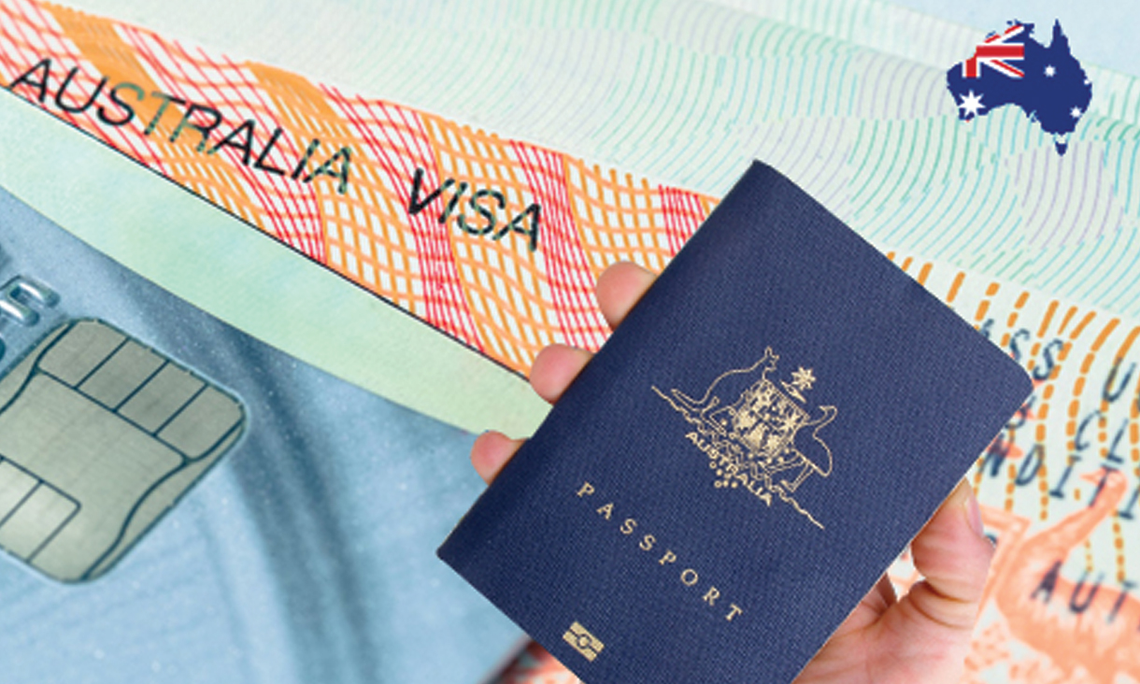 A sample visa approval letter, a pivotal moment for Nigerian applicants.
A sample visa approval letter, a pivotal moment for Nigerian applicants.
Overcoming Common Challenges
Nigerian applicants often face hurdles, but solutions exist:
-
Challenge: Incomplete Documentation
-
Solution: Use a checklist to ensure all documents are included. Engage a registered migration agent for complex cases.
-
-
Challenge: Skills Assessment Delays
-
Solution: Start the assessment 6–12 months early and follow up regularly with the authority.
-
-
Challenge: Financial Requirements
-
Solution: Save AUD 5,000+ and provide clear bank statements. Liquidate assets if necessary.
-
Real Example: Ngozi, an IT professional from Abuja, overcame a skills assessment delay by securing detailed employer references, completing her Subclass 189 application, and relocating to Melbourne in 2024.
Expert Tips for a Strong Application
-
Plan Ahead: Begin 12–18 months early to accommodate assessments and document preparation.
-
Hire a Migration Agent: Registered agents, listed with the Migration Agents Registration Authority (MARA), can streamline complex applications.
-
Maximize Points: For Subclass 189, improve your score with higher English results (e.g., IELTS band 8 for 20 points) or additional certifications.
-
Avoid Scams: Use only official channels like the Department of Home Affairs or VFS Global. Report fraudulent job offers to Scamwatch or Nigerian authorities.
-
Network: Leverage LinkedIn and Australian job boards (e.g., Seek, Indeed) to connect with employers offering sponsorship.
Table 3: Points Test for Skilled Independent Visa
|
Factor |
Example |
Points |
|---|---|---|
|
Age |
25–32 | 30 |
|
English |
IELTS 7 |
10 |
|
Experience |
8+ yrs |
15 |
|
Education |
Bachelor’s |
15 |
|
Aus. Study |
2+ yrs |
5 |
Table Explanation: This table outlines the points system for the Skilled Independent Visa (Subclass 189), showing how age, English proficiency, work experience, education, and Australian study contribute to your score. Abbreviations used “Aus. Study” (Australian Study) and “yrs” (years)
Success Stories from Nigerians
-
Emeka, Engineer: Secured a TSS visa in 2023 after networking with an Australian mining company at a Lagos job fair. His thorough skills assessment was crucial.
-
Funmi, Graduate: After her Australian master’s, Funmi used a Subclass 485 visa to gain two years of work experience in Sydney, leading to permanent residency in 2024.

Financial Planning for Your Move
Relocating requires careful budgeting:
-
Visa Fees: AUD 1,330–4,240, plus NGN 15,000 for biometrics.
-
Skills Assessment: AUD 500–1,000.
-
Flights: NGN 800,000–1,200,000 from Lagos to Sydney.
-
Initial Expenses: AUD 5,000–10,000 for rent, food, and transport in the first 2–3 months.
Expert Tip: Use services like Wise or ACE Money Transfer for cost-effective remittances to Nigeria, supporting family while you settle.
Settling into Australian Life
Adapting to Australia involves cultural and practical adjustments:
-
Workplace Culture: Australians value punctuality, teamwork, and direct communication. Be proactive yet respectful.
-
Cost of Living: Sydney and Melbourne rents average AUD 2,000–3,000/month; regional areas like Adelaide are cheaper (AUD 1,200–1,800).
-
Community Support: Join Nigerian-Australian organizations, such as the Nigerian Professionals Network, for resources and networking.
 A collaborative office setting awaits Nigerian professionals.
A collaborative office setting awaits Nigerian professionals.
Frequently Asked Questions (FAQs)
-
What’s the easiest work visa for Nigerians?
The TSS visa, if you have a job offer from an approved sponsor. -
How long does visa processing take?
2–12 months, depending on the visa type. -
Can I apply without a job offer?
Yes, with the Subclass 189, if you score high points. -
What’s the minimum English score?
IELTS band 6, PTE 50, or equivalent. -
How much money is needed?
At least AUD 5,000 in bank statements. -
Can my family join me?
Yes, most visas allow dependents with additional requirements. -
What if my visa is denied?
Appeal via the Administrative Appeals Tribunal or reapply. -
Are there age limits?
Subclass 189 favors under 45; TSS has no strict cap. -
Do I need a migration agent?
Not mandatory, but helpful for complex cases. -
How do I avoid scams?
Use official channels and report fraud to Scamwatch.
Conclusion
Securing an Australian work visa from Nigeria in 2025 is a transformative opportunity that demands preparation and persistence. By choosing the right visa, compiling accurate documents, and leveraging expert advice, you can navigate the process successfully. Whether you’re targeting Perth’s mining sector, Melbourne’s tech hub, or Brisbane’s healthcare industry, Australia awaits your talent.
Create your ImmiAccount today and assess your eligibility. For personalized support, consult a MARA-registered migration agent. Your Australian dream begins now!
Ready to move forward? See our latest Australia job listings here and start your application today!
